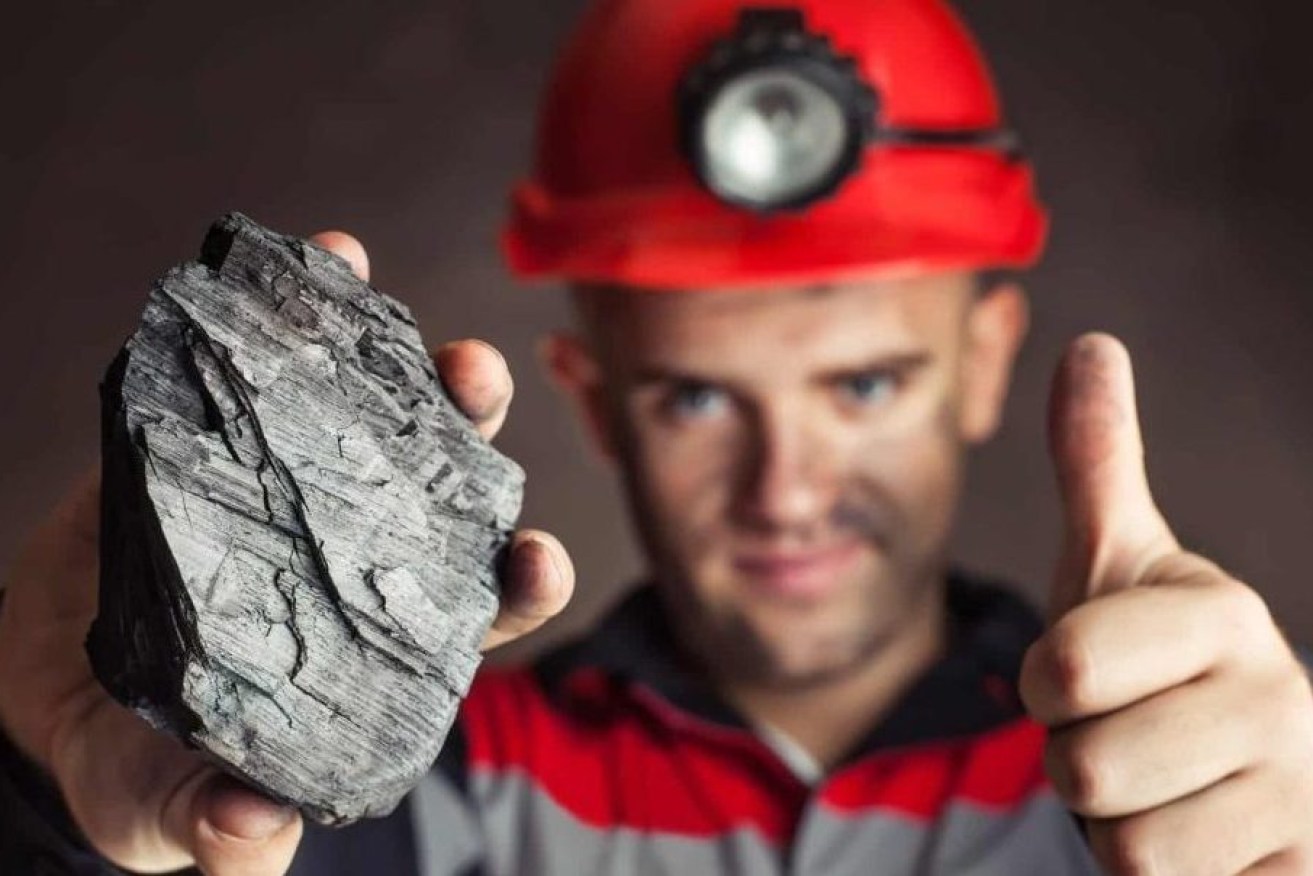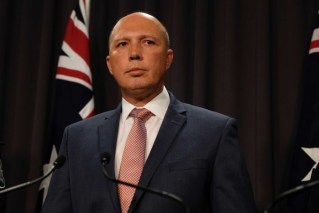NSW follows Queensland lead by hiking coal royalties for first time in 15 years
NSW will follow Queensland by hiking its coal royalties for the first time in 15 years.

Coal is likely to shape debate in the upcoming election (File image)
The decision was expected to add more than $2.7 billion to the NSW revenue over four years and was welcomed by Queensland Treasurer Cameron Dick.
“Under the LNP the people of NSW missed out on their fair share from record coal prices,” he said.
“Great to see the NSW Labour Government delivering.”
The NSW regime is based on lifting the base rate of royalties rather than adjusting the price tiers as was the case in Queensland.
NSW Treasurer Daniel Mookhey on Wednesday revealed coal royalties would be increased by 2.6 percentage points from July next year, delivering taxpayers an expected windfall amid high global coal prices.
The change would leave the state budget more than $2.7 billion better off across the four years starting from 2024/25, the government said.
But Mr Mookhey said households could expect to see a negligible increase – worth an average of less than $6 per year – in their electricity bills from higher coal costs despite Labor not renewing a cap on prices for the commodity.
The coal royalty increase will coincide with the expiration of an emergency domestic coal cap put in place by the former coalition government in December last year.
That measure to limit the wholesale price of coal was rolled out in an attempt to bring spiralling power costs under control as the war in Ukraine sent shockwaves through the global energy market.
The new coal royalty rate in the state will be up to 10.8 per cent, with discounts applied for underground mines.
The government said the change was developed after consultation with the mining industry and key trading partners.
Mookhey said the feedback from coal producers was that it was a “manageable change”, defending suggestions Labor was going too soft on the industry.
He said the shift was a fair outcome for the state and replaced an out-of-date royalty regime last updated in 2009.
“The new scheme will make sure the people of NSW share in the wealth their resources create,” Mr Mookhey said.
The money would be spent on essential services and providing cost-of-living relief to families, the government said.
NSW Minerals Council chief executive Stephen Galilee said the industry had consistently asked for the existing royalty regime to be maintained.
“The increase in coal royalty rates announced today by the NSW government will impose a significant additional impost on coal producers at a challenging time of lower coal prices and increased operating costs,” he said.
Finance and Natural Resources Minister Courtney Houssos said coal remained a key part of the state’s electricity network and the new rates balanced increasing revenue with the ongoing viability of the sector.
The Minns Labor government has been priming taxpayers for a brutal budget, weighed down by growing debt, rising interest rates and a fast-rising bill for public sector pay increases. Mr Mookhey previously said the state’s two remaining AAA credit ratings were under pressure with the budget forecast to be $12 billion in deficit for 2022/23.
Queensland recorded a $12.3 billion surplus for the last financial year after the state’s Labor government introduced new, progressive royalty rates.
In contrast to NSW’s fixed-rate royalty system, Queensland operates tiered rates of up to 40 per cent that vary depending on coal prices.
Greens energy spokeswoman Abigail Boyd said the NSW increase was an “insult” and the Labor government had left too much potential income on the table.
“The Greens have been calling for an increased and progressive coal royalty structure that would bring in increased revenue similar to that enjoyed by Queensland,” she said.
Climate Energy Finance founder Tim Buckley said the northern state ran the preferred model, which delivered major windfalls at times of high prices while easing pressure on producers when prices were low.
“(We have) long been calling for a progressive NSW coal royalty scheme to generate revenues for alleviation of cost-of-living pressures and energy poverty in the state, following the leadership of Queensland,” he said.












